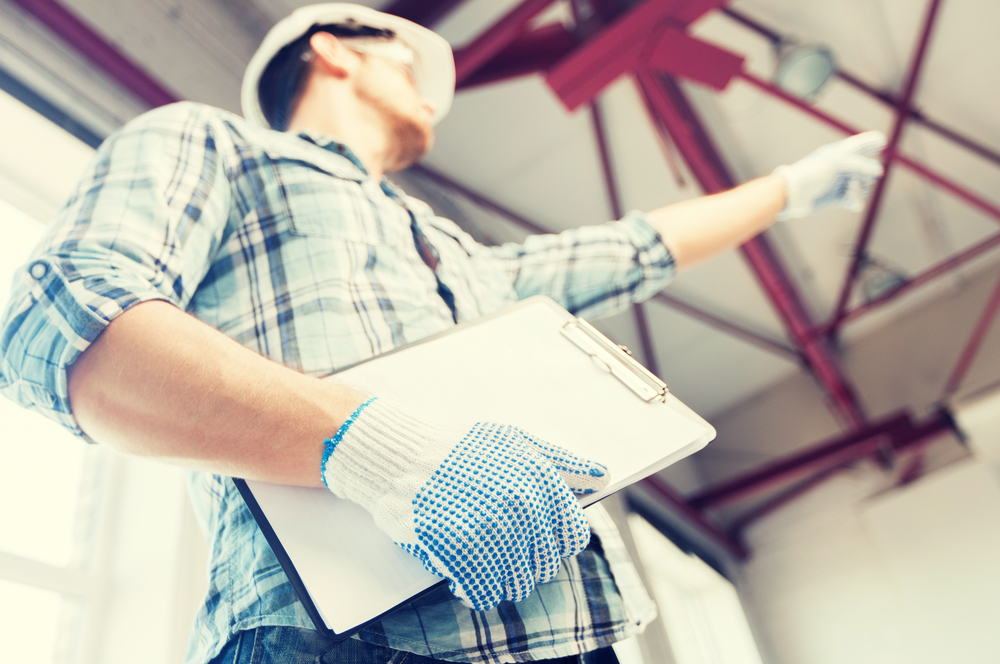Is a Structural Renovation Right for Your Investment Property?

At Positive Real Estate, we provide “time proven” property investing information and advice. We work directly with property investors throughout Australia, helping them reach their wealth creation goals.
Recently, Bupa Landlord Insurance showcased us in a post on the subject of structural renovations.
Check out what we have to say in the article titled Structural Renovation Tips for Your Investment Property, then read on to find out more about this effective add-value strategy.
Is a structural renovation right for me?
The following 4 tips can help you decide:
1. Understand the target market and who you’ll be selling/renting to
A major renovation can be costly in terms of both the renovation itself and the lack of income while your investment property is being updated.
That’s why it’s so important to understand what the market is doing both locally and generally. What are people looking for? Can the area demographic afford the increase in rents?
Will the structural renovation add value? Hint: It will only increase your investment property’s value if your target demographic wants (and is willing to pay for) the changes you plan to make.

2. Start with the right property(ies)
Proper due diligence is vital to an investor’s success. Three key factors to consider before you buy a particular investment property are:
- What you want it to do for you (e.g. capital growth, positive cash flow, etc.)
- What you plan to do with it (e.g. buy and hold, trade)
- What property types, features, etc. appeals to both potential renters and homeowners
You don’t, however, need to buy another investment property; one of your existing properties could be a potential candidate for a renovation.
Discuss the idea with your property mentor and/or agents who are familiar with the suburb where your property lies before doing anything.
3. Execute due diligence and educate yourself
The better detailed your projected costs the more closely you can adhere to your spending budget.
Know your costs before you commit.
Some potential expenses include:
- Holding costs
- Purchasing costs
- Selling costs
- Trades costs
- Build costs
- Consultant(s) and engineering costs
- Council fees
- Permits

4. Understand the paperwork
There’s a lot of paperwork involved in purchasing property, but when you add renovation to the mix the paperwork grows exponentially.
This is why it’s vital that you put together a team of well-seasoned professionals who can help you along the way.
Following are just some of the factors you’ll need to address as an investment property owner.:
- Terms and conditions on the contract(s) that protect your rights and hold the other party(ies) (e.g. vendor, builder, etc) accountable.
- The right insurance that protects your investment.
- The right loan structure.
- A builder with a great reputation who can deliver what you need, when you need it.
If you want to know more about Property Investment, join us at our next Property Investor Night and meet with our wonderful Coaches. You’ll be able to ask them any question you want and it’s a free event! Book your seat here.

Successful Property Investors Don’t Quit Their Day Job
You need that income! One of the primary things you need to be a successful property investor is a job. Why? Because you need money. You need a job to borrow money. You need savings or some cash to buy your first property. But the sad fact is, a lot of people...
6 Ways To Speed-Up Your Next Property Purchase
Get There Faster If you are already a property investor with one or even two properties, first of all, congratulations. You’ve taken some seriously great steps in creating your future wealth and a pathway to a work-less, play-more retirement with passive...
Property investing: Five ways to create cashflow boom!
When it comes to property investment there are some things you can never have enough of.
When it comes to property investment there are some things you can never have enough of. Good tenants, reliable builders, a great relationship with your bank.
But more than anything what you need is good cash flow.
Having a steady income of cash means never having to dip into your own pocket to top up repayments, complete repairs or make another purchase.
Here are the top five ways you can ensure the cash keeps flowing, so you can keep your investment portfolio growing.
Lock it in! How to protect your equity
Don’t be caught without it.
As a property investor who is building a portfolio, it’s vital that you have access to your equity whenever you need it.
There’s nothing more frustrating than finding that perfect new property to purchase, only for it to be held up – or worse still, lost completely – because your finances weren’t in good shape.
Having an interest-only loan structure with a healthy off-set account is a great way to ensure you have equity at your fingertips whenever you need it, but that’s not the only way…



